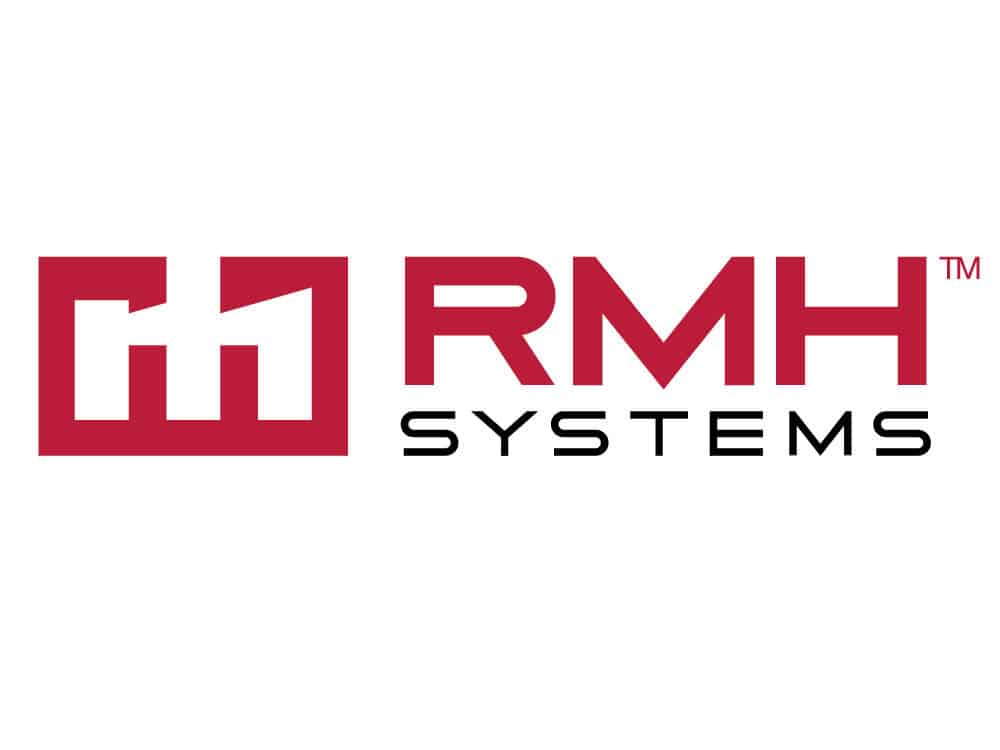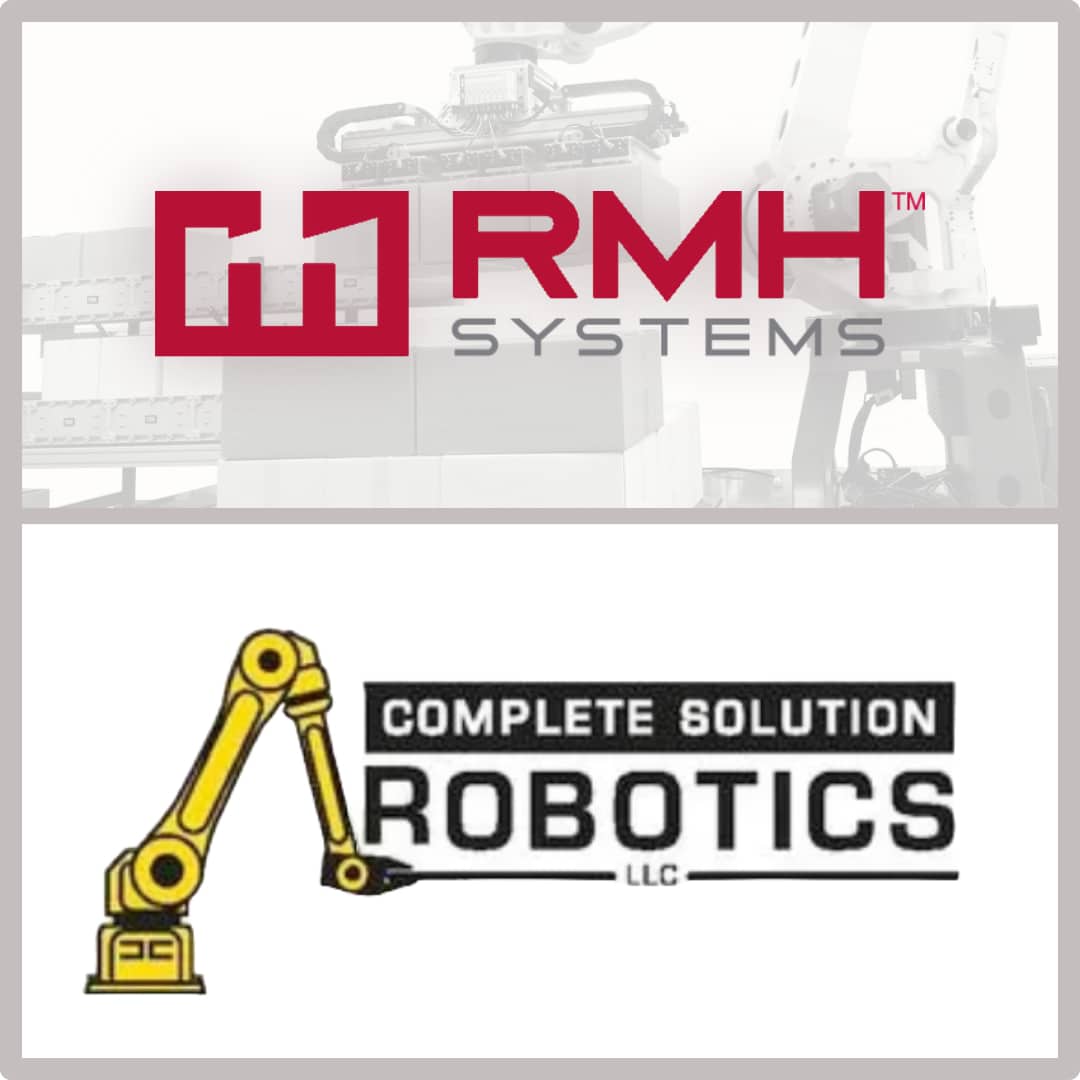
Robotic automation is transforming manufacturing—boosting throughput, reducing labor shortages, and increasing consistency across operations. But before you invest, one of the most important decisions you’ll make is choosing the right robotic integrator.
The right integrator ensures your robotic system is designed correctly, implemented safely, and supported long after installation. The wrong one can mean costly delays, downtime, and performance issues.
To help you choose a reliable partner, here are five questions every company should ask their robotic integrator before starting a project.
1. What experience do you have with robotic applications like ours?
When evaluating a robotic integrator, start with their experience. Ask whether they have completed projects similar to your product type, production speed, environmental conditions, or end-of-line processes.
Experienced integrators reduce risk, shorten implementation timelines, and design robotic systems that match your operational goals more accurately.
2. Do you provide in-house engineering, controls, and programming services?
Robots are only effective when properly integrated with strong engineering and controls. Look for an integrator who offers full in-house engineering, PLC programming, robotic simulation, and unified project management.
A team with in-house controls engineering delivers smoother installation, faster troubleshooting, and a system that works seamlessly within your existing processes.
3. How do you ensure robotic safety and compliance?
Safety is essential. Ask how your integrator approaches risk assessments, guarding, safety circuits, lockout/tagout, and operator training.
Compliance with OSHA, ANSI, and RIA standards protects your employees and minimizes risk. A reliable integrator prioritizes safety from design to validation.
3. What does your implementation timeline look like?
A clear, realistic project timeline is crucial. Ask for milestones, installation duration, testing procedures, communication cadence, and possible risks.
Understanding the timeline helps you plan downtime, coordinate staffing, and avoid surprises. Strong integrators provide transparency, not guesses.
4. What support and maintenance do you offer after installation?
Automation is a long-term investment. Ask about preventative maintenance, parts availability, remote support, onsite response times, and training.
Your robotic system is only valuable when it’s running. The best integrators provide long-term support to maximize uptime and protect your investment.
5. Why Choosing the Right Robotic Integrator Matters
Robotic systems can transform your operation—but only when engineered and supported by an experienced partner.
RMH Systems—now strengthened by CSR Robotics—offers deep robotic expertise, in-house engineering and controls, proven automation experience, faster implementation, and full lifecycle support.
Ready to start your robotic automation project?
Whether you’re adding your first robot or expanding your automation strategy, RMH Systems is here to help.
Let’s talk about your project and the right robotic solution for you.
Related Articles

RMH Systems is a Top Workplace – 10th Year In a Row!
At RMH Systems, we believe the best way to take care of our customers is to take care of our people. That’s why we’re excited to share that we’ve been named a 2025 Iowa Top [...]

New Budget Law Accelerates Payback for Manufacturers: What You Need to Know
The newly signed One Big Beautiful Bill Act (OBBBA) makes it easier — and faster — for U.S. manufacturers to invest in automation, equipment, and even production buildings. For RMH Systems customers this means shorter [...]

RMH Systems Acquires Complete Solution Robotics, Expanding Automation and Robotics Capabilities
WAUKEE, Iowa – August 7, 2025 — RMH Systems (RMH), a leading provider of turnkey automation, material handling, packaging, and industrial scale solutions, has acquired Complete Solution Robotics, LLC (CSR), a respected robotics and automation [...]